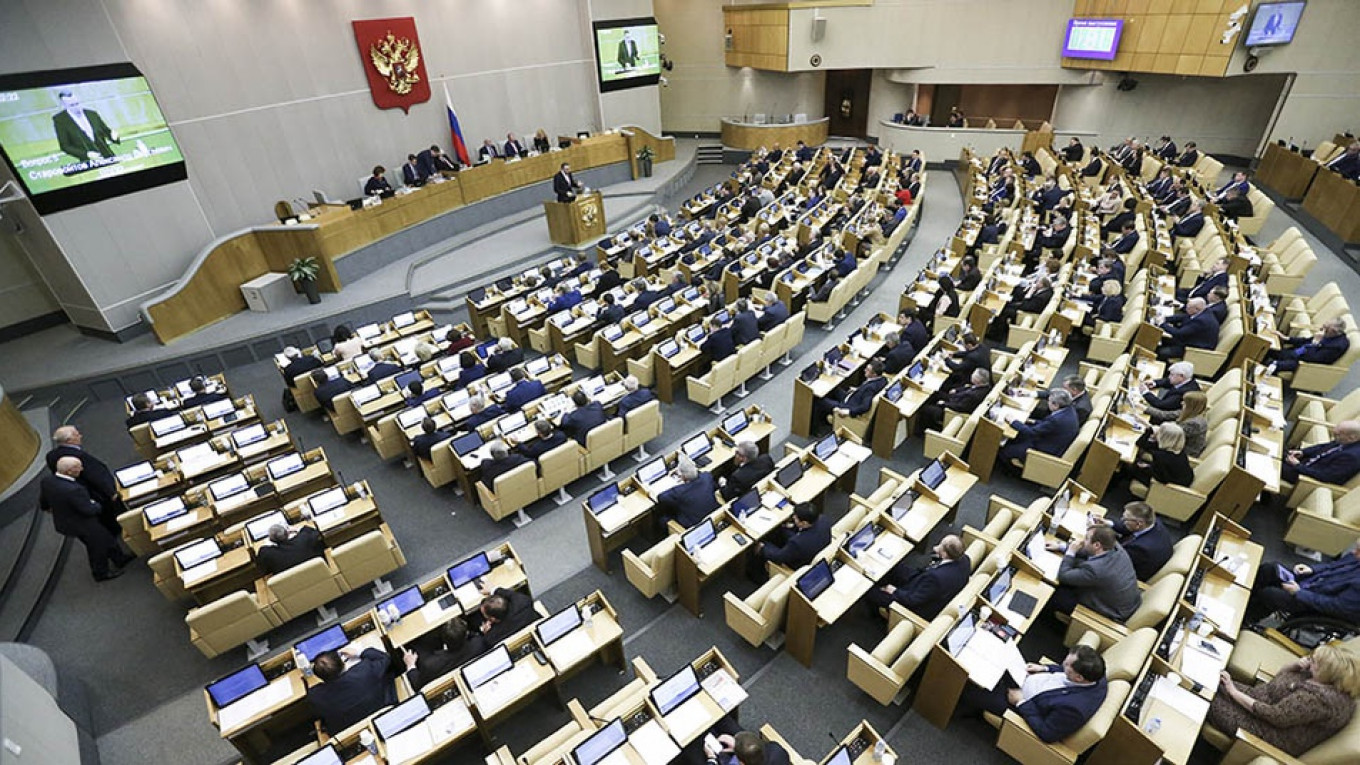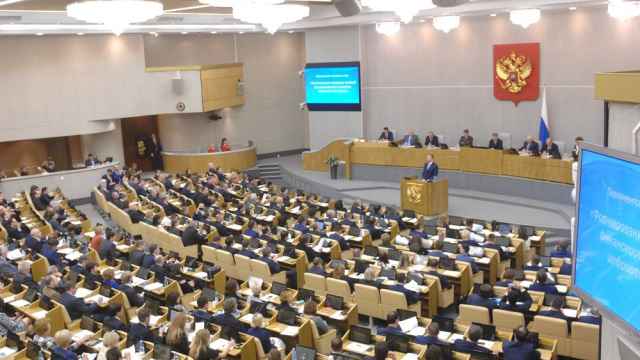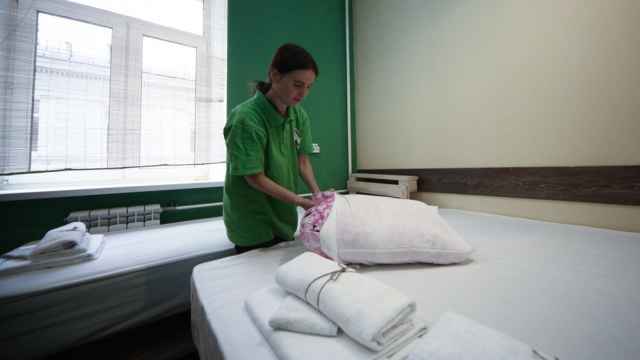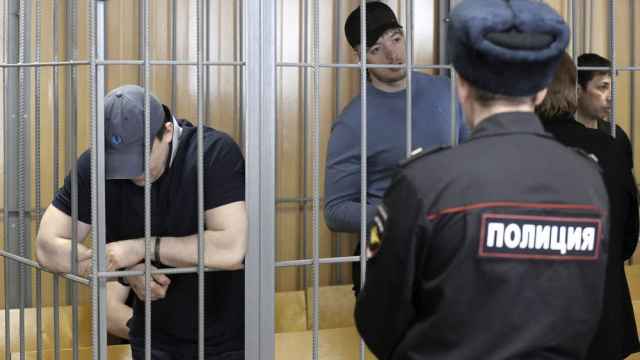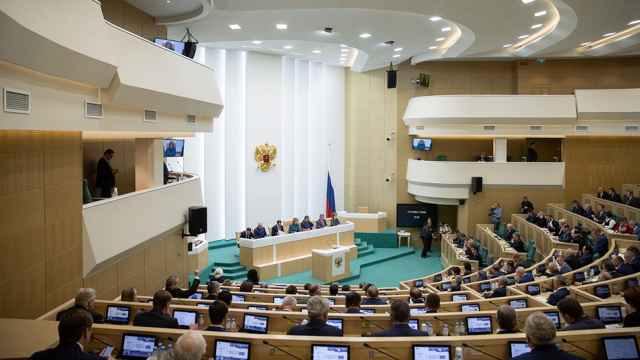Russian lawmakers will receive more in monthly pension payments than the average working Russian makes from their monthly salary, pension data from the State Duma shows.
The government is in the first stages of pushing through reforms to raise the retirement age over the next decade, an unpopular move that authorities argue will ease pressure on the federal budget. Polls show Russians are most unhappy with Putin over wealth inequality.
The least experienced Duma deputy will receive a pension of around 46,600 rubles ($742) per month after taxes when they retire, the lower house of Russian parliament said last week. The average Russian can expect a pension that is one-third that of the Duma deputy, or 13,300 rubles ($211) per month.
The pension of the least experienced Duma deputy will, however, still be higher than the monthly salary of many Russians. State statistics show that the average Russian earned 39,000 rubles ($621) per month in 2017.
The Duma’s data release was meant to combat “the made-up news that pensions for deputies total several hundred thousand rubles,” State Duma speaker Vyacheslav Volodin said Thursday.
The deputies earn around 350,000 rubles ($5,600) per month after tax, around nine times the average Russian worker’s salary, the Duma said in last week's release.
It’s unlikely that many lawmakers will have to survive only on their pensions after retirement. While civil servant salaries went up for the first time in five years in 2017, many legislators also have personal wealth from former business ventures and own highly valued property.
Tax filings released in April showed the average Duma member was worth 23.5 million rubles ($374,000) last year.
The gap between the wealth of Duma representatives and that of ordinary Russians is only the latest example of a growing economic inequality.
The head of the State Statistics Service noted in an interview with the state-run Rossiiskaya Gazeta over the weekend that the richest 10 percent of Russians earned more than 15 times what the bottom 10 percent made over the past three years.
A Message from The Moscow Times:
Dear readers,
We are facing unprecedented challenges. Russia's Prosecutor General's Office has designated The Moscow Times as an "undesirable" organization, criminalizing our work and putting our staff at risk of prosecution. This follows our earlier unjust labeling as a "foreign agent."
These actions are direct attempts to silence independent journalism in Russia. The authorities claim our work "discredits the decisions of the Russian leadership." We see things differently: we strive to provide accurate, unbiased reporting on Russia.
We, the journalists of The Moscow Times, refuse to be silenced. But to continue our work, we need your help.
Your support, no matter how small, makes a world of difference. If you can, please support us monthly starting from just $2. It's quick to set up, and every contribution makes a significant impact.
By supporting The Moscow Times, you're defending open, independent journalism in the face of repression. Thank you for standing with us.
Remind me later.


